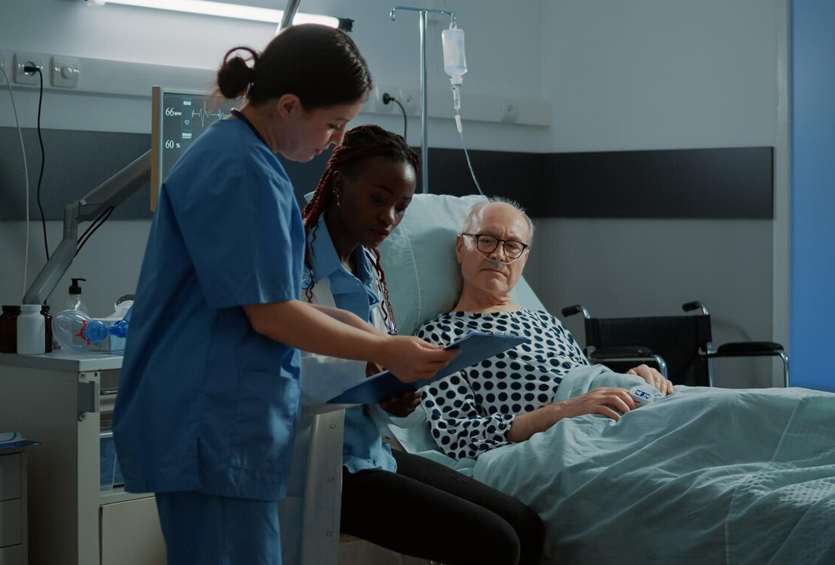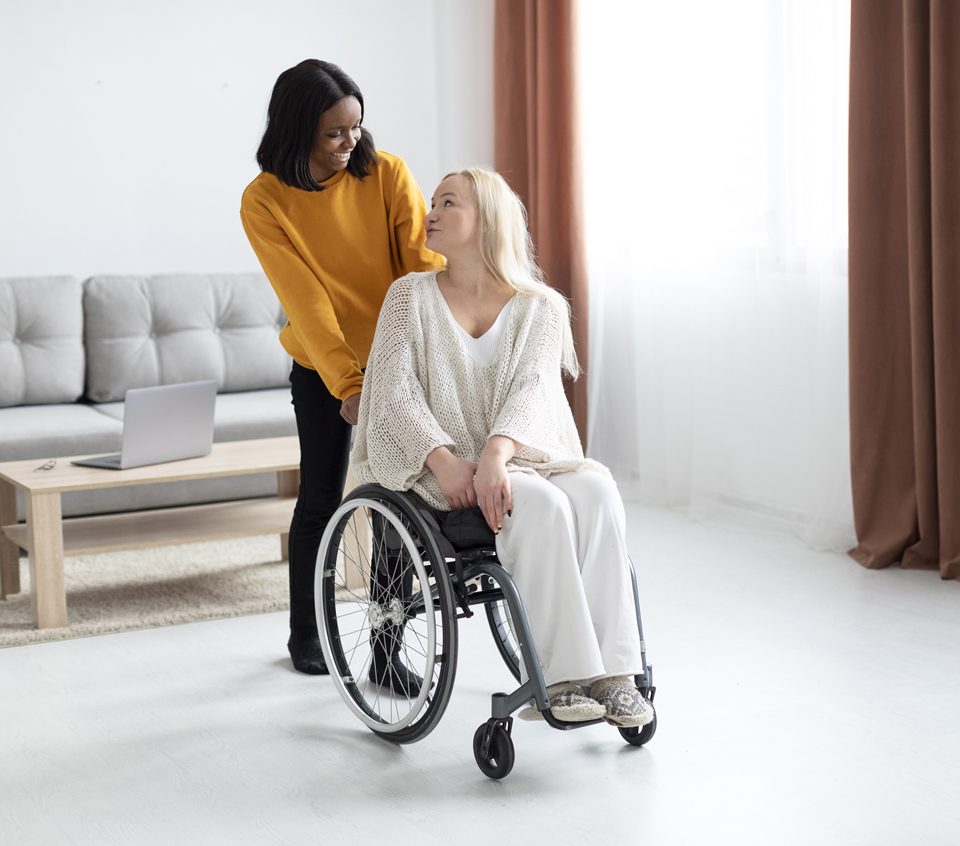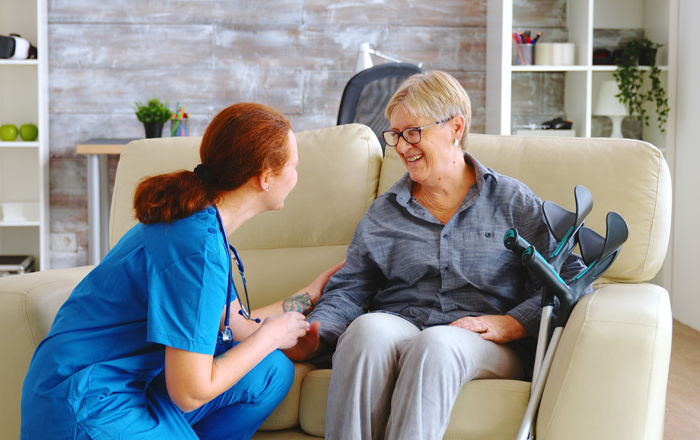How to Assist Stroke Patients at Home: A Step-by-Step Caregiver Guide
When Every Movement Matters, Care Must Be Intentional
Caring for a loved one who has survived a stroke is a journey of patience, strength, and adaptation. Stroke patients often face physical limitations, speech difficulties, or emotional changes, and their recovery heavily depends on the support they receive at home.
At Abba Health Services, we understand the challenges caregivers face. Here’s a step-by-step guide to safely assist stroke patients and encourage recovery from the comfort of home.
1. Understand the Patient’s Condition First
Before you begin providing care, you need a clear understanding of the stroke’s impact. Was it a left-brain or right-brain stroke? Has it affected speech, memory, or mobility?
Request a full discharge plan from the hospital and consult with their therapist or physician.
2. Prepare the Home for Safety and Accessibility
Falls are a leading concern for stroke patients. Simple modifications can make a huge difference.
Home safety checklist:
-
Install grab bars in the bathroom
-
Remove rugs and cluttered walkways
-
Place frequently used items within reach
-
Use non-slip mats in key areas
Read more on our fall-prevention blog here →

3. Assist With Daily Tasks — But Promote Independence
While stroke patients may need help dressing or bathing, it’s important to let them do what they can do.
-
Using adaptive tools (button hooks, reachers)
-
Giving clear instructions, one step at a time
-
Encouraging use of the stronger side of the body
This builds their confidence and prevents learned helplessness.
4. Support Speech and Emotional Healing
Stroke survivors often experience frustration, especially if speech is impaired. Communication may be slow, but your patience speeds up healing.
Tips:
-
Use simple words and short sentences
-
Be encouraging, not correcting
-
Consider speech therapy sessions (we can help with referrals)
5. Watch for Medical Red Flags
Don’t overlook the subtle signs that a patient may need immediate attention.
Call the doctor if you notice:
-
Sudden weakness or numbness
-
Slurred speech returning
-
Chest pain or shortness of breath
-
Swelling in the legs (a sign of clotting)
You Don’t Have to Do It Alone
Our caregivers are trained in stroke recovery support, mobility assistance, and overnight care for your peace of mind.
📞 Contact Us
Phone: 678-885-7229
Email: [email protected]
Address: 2470 Windy Hill Road, Suite 300, Marietta, GA 30067
Visit Us at Our Atlanta Office
We are proudly serving families in Marietta and the greater Atlanta area. Find us at:




